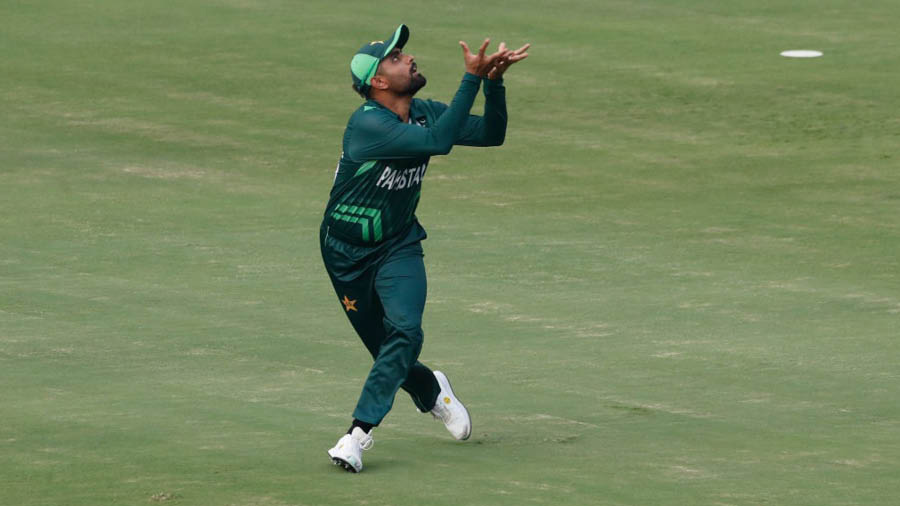Let me give you some numbers. 300 milliseconds — that is a second divided by 3.3. Seems super quick, right? For a normal human being, that is the average reaction time to visual stimuli (things that we can see). 115-200 milliseconds — that’s how long it takes to record a touch. It takes only another 200 milliseconds to realise whether that touch is something we recognise or not. Half a second is usually the time it takes us to understand when we are in trouble and the initial fear response to kick in. But how does our brain do stuff this quickly?
The answer is a game it plays: fill in the blanks.
Basis of prediction in the brain
If you have ever been stuck on a maths problem or how to navigate a puzzle (or rush-hour traffic), you may have noticed your brain trying to engage in the following steps:
1. See what options are there and collect the information
2. See which option is better and evaluate the information
3. Predict which option can lead to the best success and adopt that into action.

Arsenal midfielder and captain Martin Ødegaard with (right) Barcelona's midfielder Franck Kessie at a match in July 2023
ShutterstockA simple example: midfielders in football look at the different options for a pass. Then they evaluate which option is better at that moment. Then they look at their highest success percentage, and finally choose one of the options post prediction to execute the pass.
Now, this seems like a lot of work to be doing for every single decision, doesn't it? The brain, through the evolution of the frontal cortex, came to this realisation as well. Since then, our frontal cortex has developed what is known as ‘Anticipatory Processes’. These processes actively prepare for the future by making incoming information a little more predictable through patterns, so that it is easier to focus attention on what is important. This concept of predictive coding allows the brain to constantly build predictions of upcoming events.
But how does the brain do this? It uses its ridiculously fast reaction times and previous information to create possibilities, which it stores. Then based on the situation, it allows you to access the relevant ones (like picking options from a buffet menu). For basketball players standing at the free-throw line, the brain picks out the option card which coordinates everything to make the shot. For a cricket batter, it allows them to react with speed. For a normal individual, it allows us to predict the behaviour of other people (that’s how you know when your boss is about to yell at you or whether your partner is angry at you!).
During the Cricket World Cup this week, try seeing how your brain predicts how a batsman will play the first ball, or what a fielder will do as a catch goes high in the air.

Babar Azam of Pakistan takes a catch to dismiss Glenn Maxwell of Australia during the ICC Men's Cricket World Cup India 2023 warm up match
Getty ImagesOver the years, we have figured out a lot more about how the brain engages in this fill-in-the-blanks game. We psychologists found that when the target of prediction was more uncertain (i.e., more difficult to predict), the brain made the process slower since it had to engage in reactive processing and belief updating. To put it simply, if the brain could not predict with some degree of accuracy, then it would do a mini self-update. This is why it takes humans longer to learn completely new information initially. It is why we feel anxious in situations where many things are happening — we are simply twitchy about not knowing.
Increase the blanks and increase the time?
While on paper this might make sense, increasing the amount of choices for the brain to predict does not massively increase the time taken to fill in the blanks. This is governed by the Hick-Hyman Law. This law showcases the gain rate of information, stating that increasing the number of choices does not increase the time taken to choose proportionally. So, double the choices does not mean double the time taken. This is why when we go to the shop to buy our favourite cookies and the shopkeeper says “Sorry, they are not available. But I have a, b ,c, d and e”, it does not take us five times the amount of time to choose. Rather, our brain thinks of related information like advertisements it has seen, people’s feedback on the cookies, or even a quick google search to make a choice.
More options does increase the uncertainty and reduce confidence in your choice. That is why dating apps are so tricky — you have so many options, you are nearly paralysed by it.
Businesses also have this crisis during hiring and recruitment — so many candidates, who is the right one? Elite performers, athletes and artists also have so many options. But they have trained their brains to reduce the number of options. That is why they can react faster and better when things are happening around them. The normal human takes 450 milliseconds to differentiate between things and fill in the blanks.
Can you guess how long an athlete takes?
Dr Sahen Gupta is a Kolkata-born, India- and UK-based psychologist who divides his time between mental health support and high-performance coaching. As the founder of Discovery Sport & Performance Lab, he works not only with Olympians and other top-level sportspersons, but also with CEOs and other professionals striving for excellence. Dr Gupta’s mission is to simplify complexities of the mind into actionable and simple ‘doables’ that allow individuals to be mentally fit.









